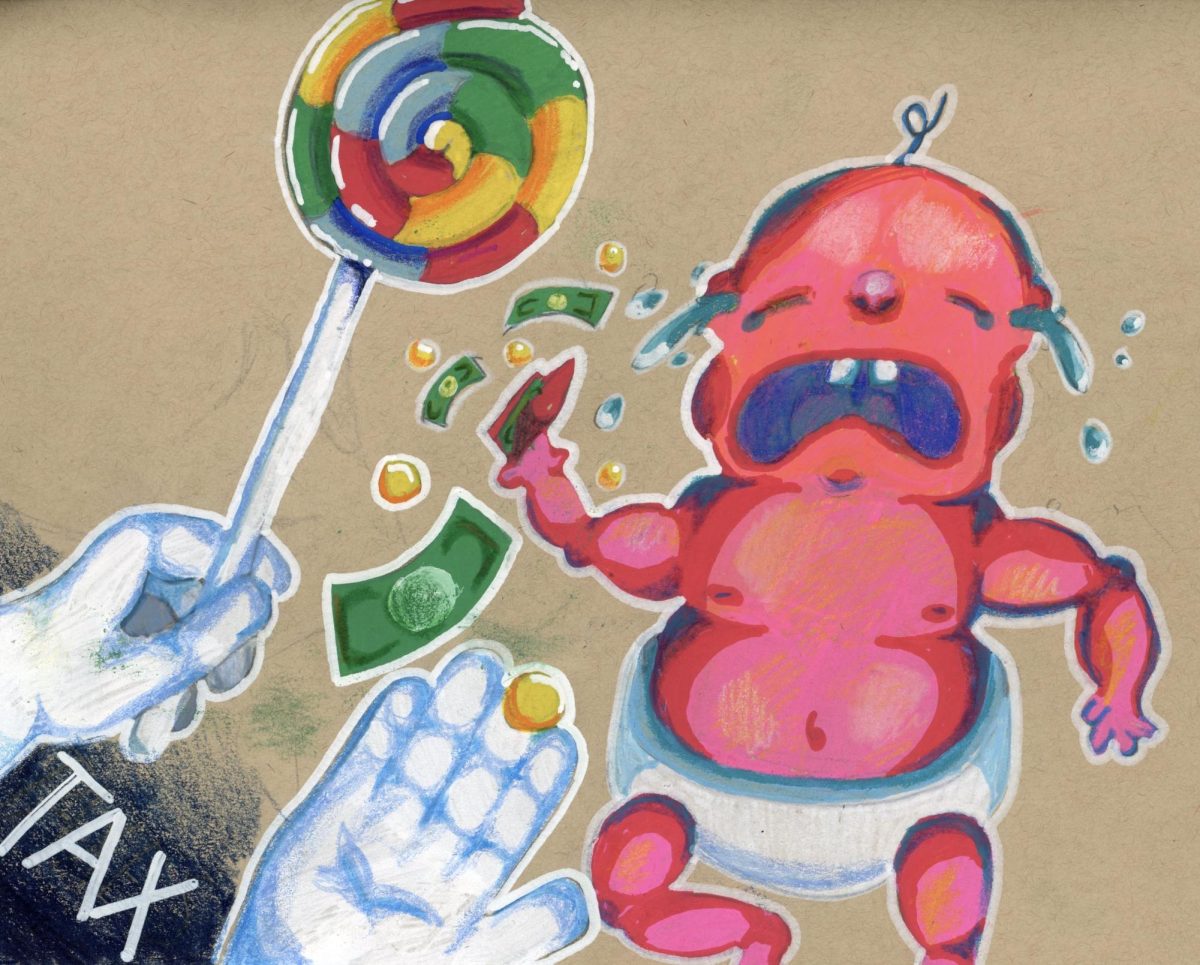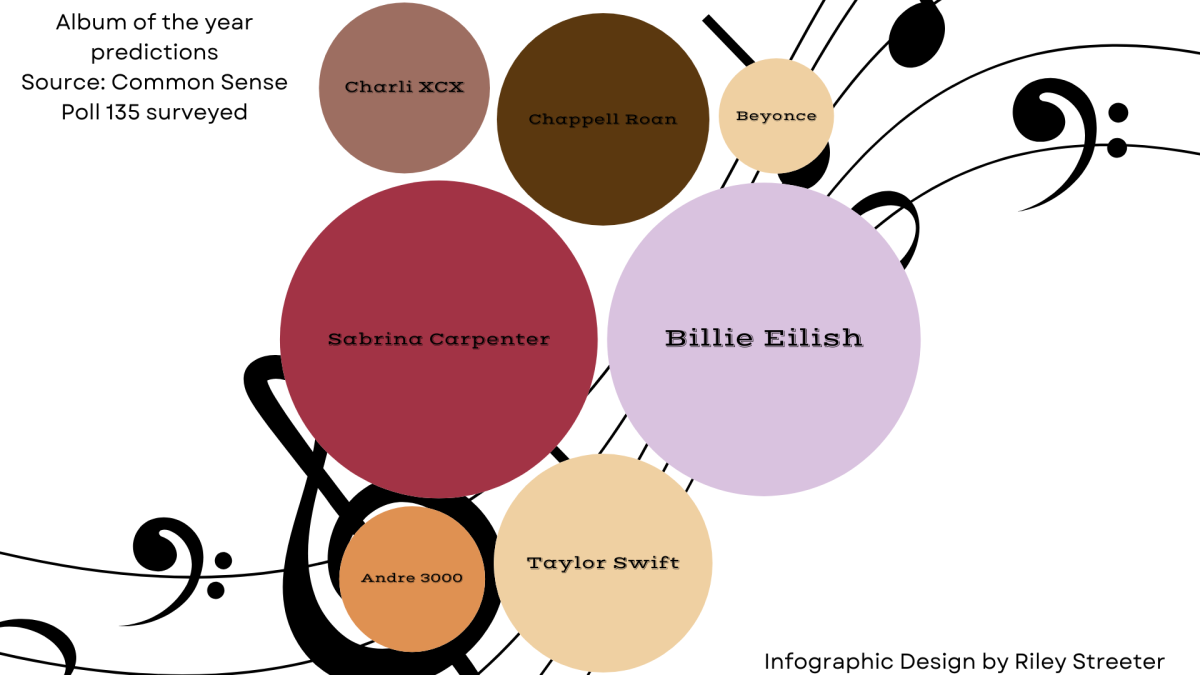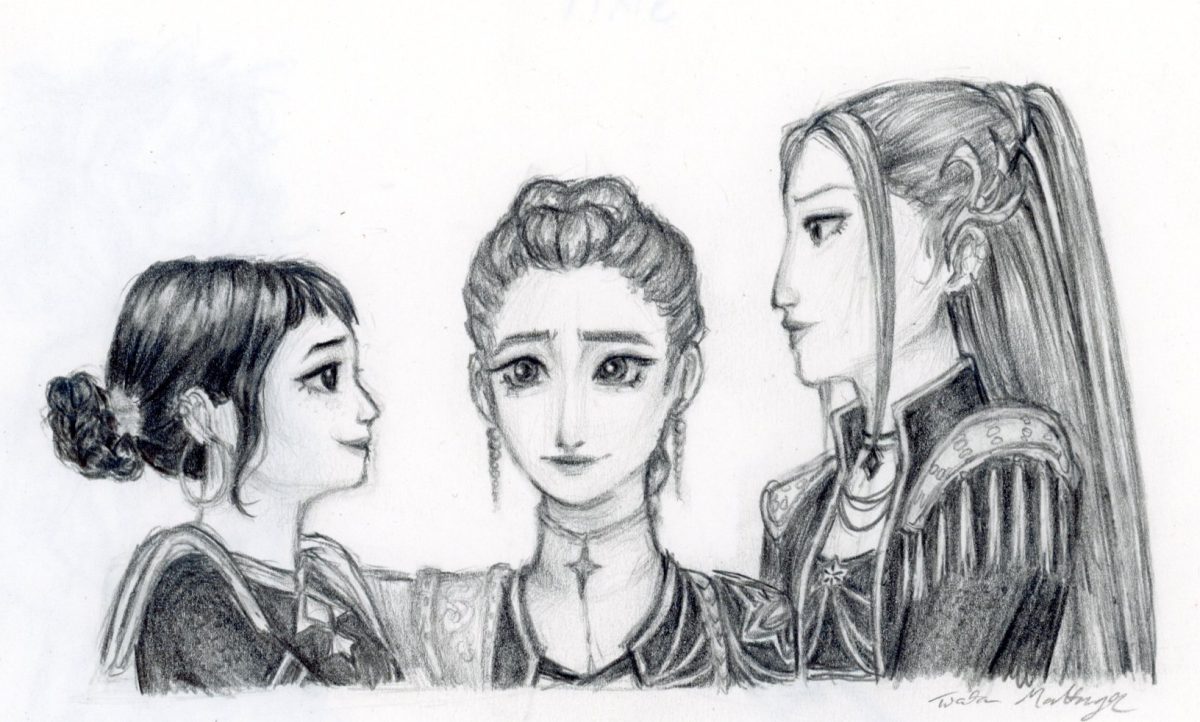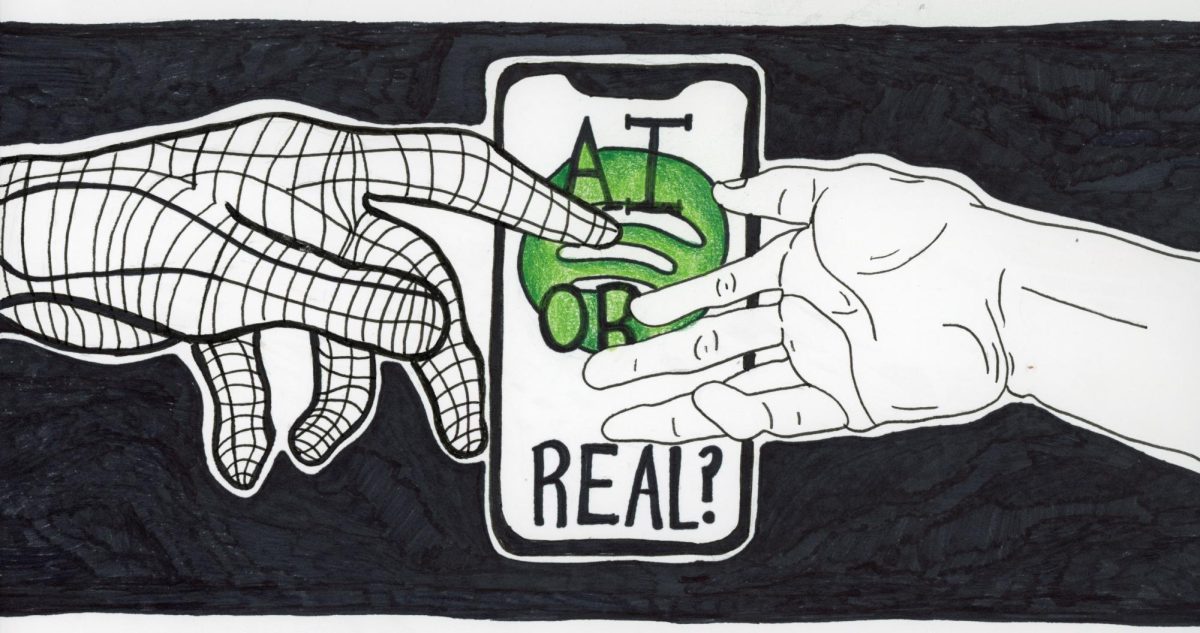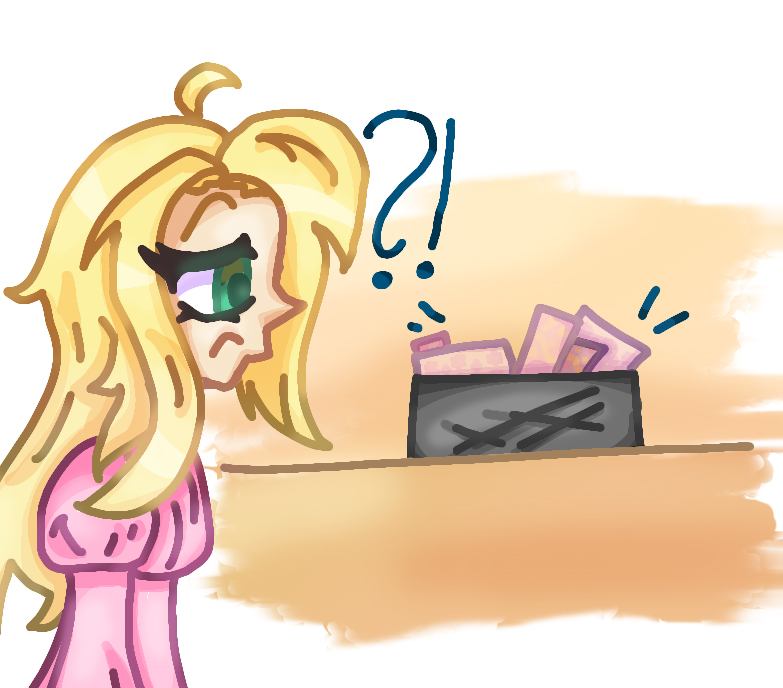
Barbie, a movie based on the toy series of the same name, hit theaters to widespread audience and critical acclaim, reigniting America’s passion with the classic do-everything doll. And, it’s easy to see why the Barbie movie has been successful in stirring up Barbie fever among the moviegoing public, since Greta Gerwig’s adaptation of the Barbie story is a fun, lighthearted, and inspirational tale which I would recommend to anyone, whether they grew up playing with Barbies or not.
The film has a strong and entertaining plot, following Regular Barbie (Margot Robbie), who must travel to the human world to find the girl who owns her, Sasha, in order to fix her flat feet (a homage to the slanted feet of the Barbie doll, designed to fit better in heels). Of course, this doesn’t go according to plan.
Despite having a zany plot, the movie is able to captivate viewers with action, comedy, musical numbers, conspiracies, and highly choreographed fight scenes. It also manages to touch on many “adult” issues that effect people in real life. The movie touches on gender roles, and the emotional damage that trying to fit into traditional gender roles has on people. The movie portrays Barbie Land as highly matriarchal in the beginning of the movie, since Barbies can do anything. But, the Kens feel left out, leading to a pivot towards a highly patriarchal society led by the Kens in the middle of the film.
Luckily though, Barbie, Sasha, and her mother, Gloria, are able to foil the Kens’ plan to take over Barbie Land , with the two groups finally settling on an equitable distribution of power in Barbie Land, one where neither Barbies nor Kens feel left out or are forced into subservience. A message I took from this film is that Barbies, who represent women, can do anything they set their minds to. But, Kens, representing men, can do anything too. The movie does a good job giving the audience the idea that it is much better to be yourself than the person society wants you to be, which is a commendable message for Gerwig to choose for a movie about kids’ toys.
The acting performances in this film are also rock-solid. Gosling and Robbie perform admirably as leads and show a lot of on-screen chemistry. Michael Cera shined as Allan, and America Ferrera proved she could deliver a rousing monologue about the pains of being an adult with the best. The only disappointment of the cast was Will Ferrell as the CEO, who, despite being one of the main “villains” of the film, was invisible for a good majority of the story. The real show-stealer, however, was Rhea Perlman in her performance of Ruth Handler, the creator of Barbie.
The film ends on a sentimental moment with Robbie’s Barbie choosing to become human after a deep conversation with Ruth Handler about purpose and meaning. This ending really stuck with me as a very deep moment in a film that wasn’t afraid to get silly, and it proves that, even with a medium as unserious as the Barbie movie, Gerwig is able to make movies meaningful and heartwarming.
Thus, it’s no surprise the movie was such a success financially and culturally, reinvigorating the popularity of the cultural icon known simply as “Barbie.” The movie proves that it is truly her world, and we’re all just living in it.






